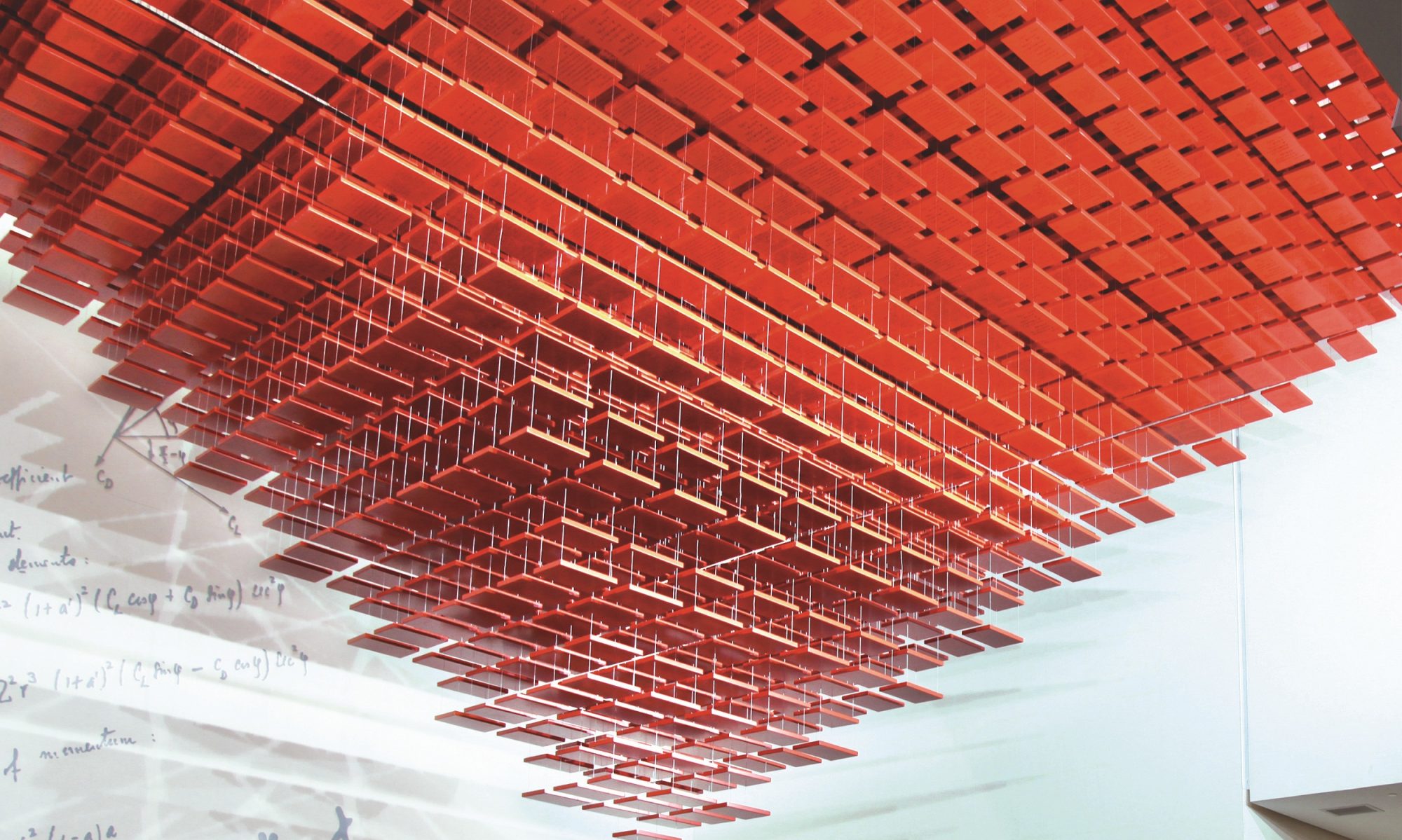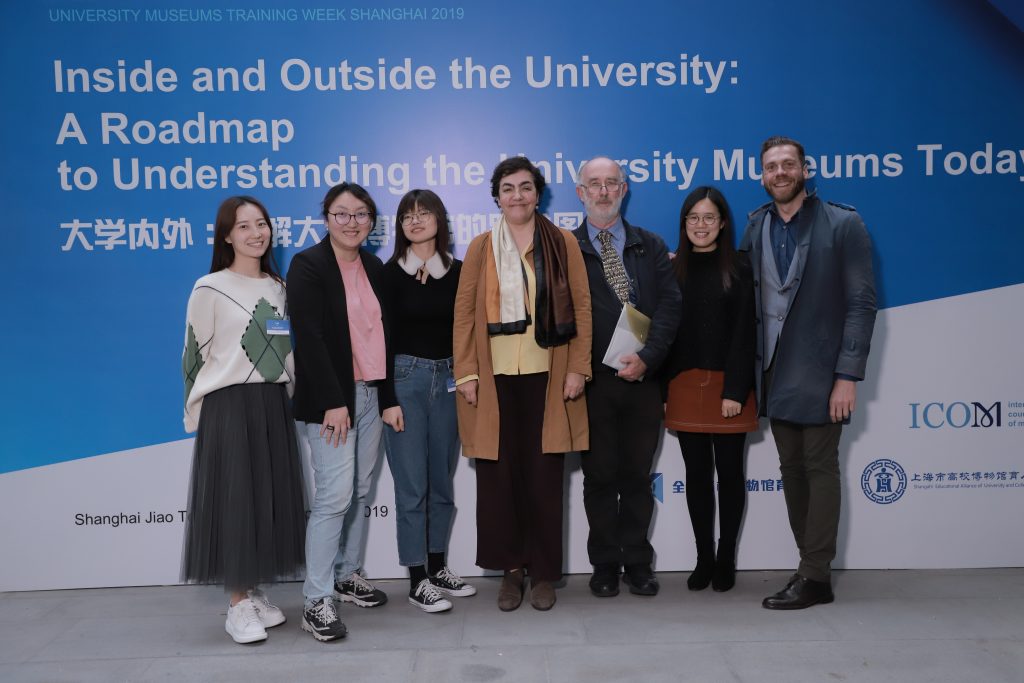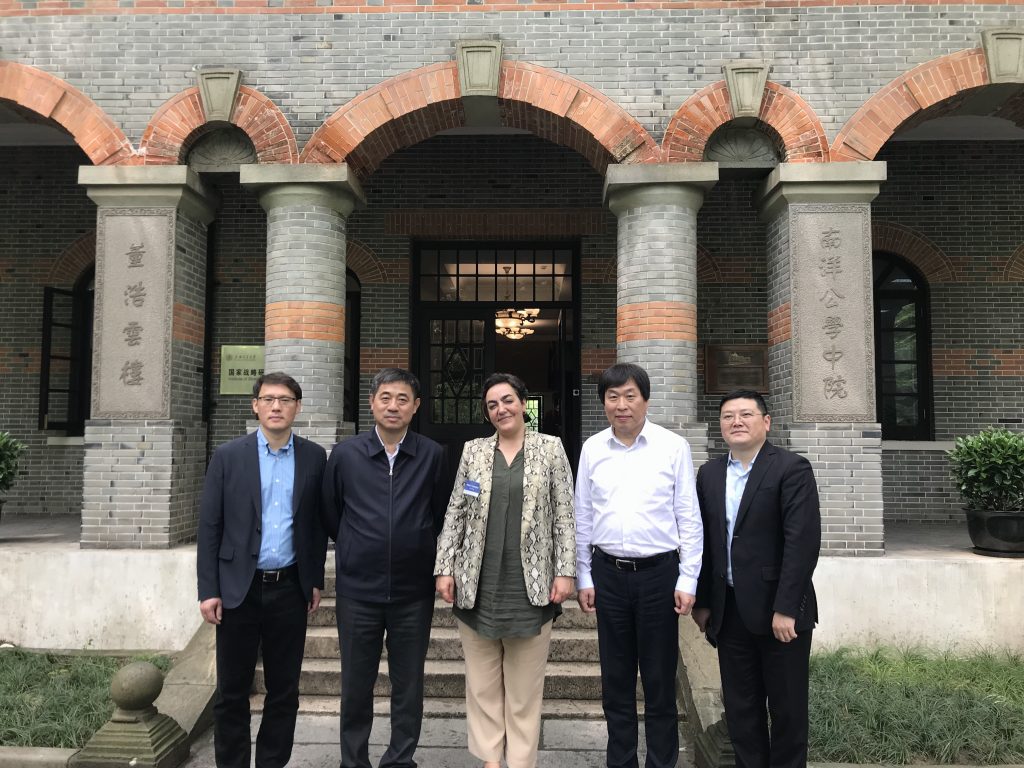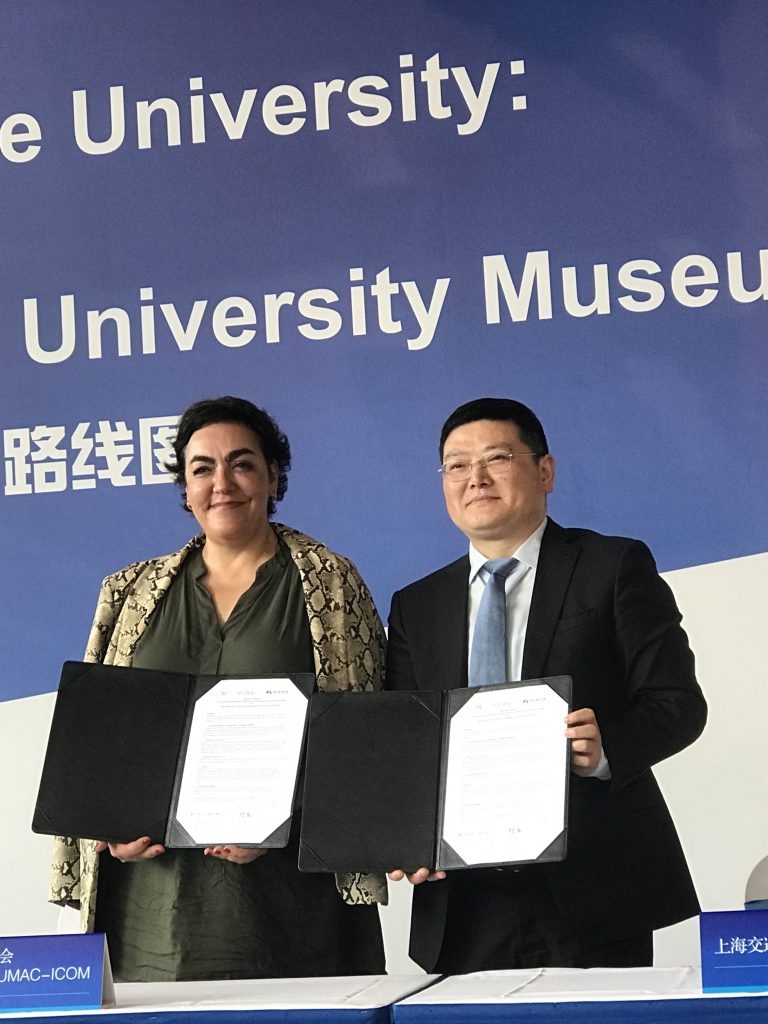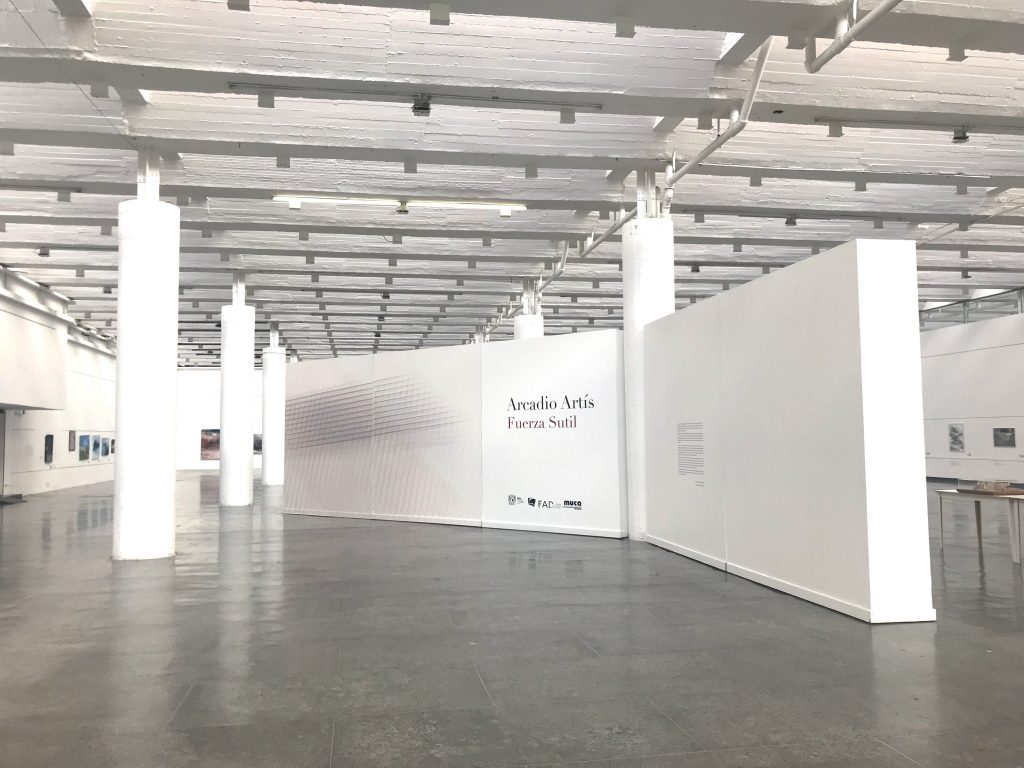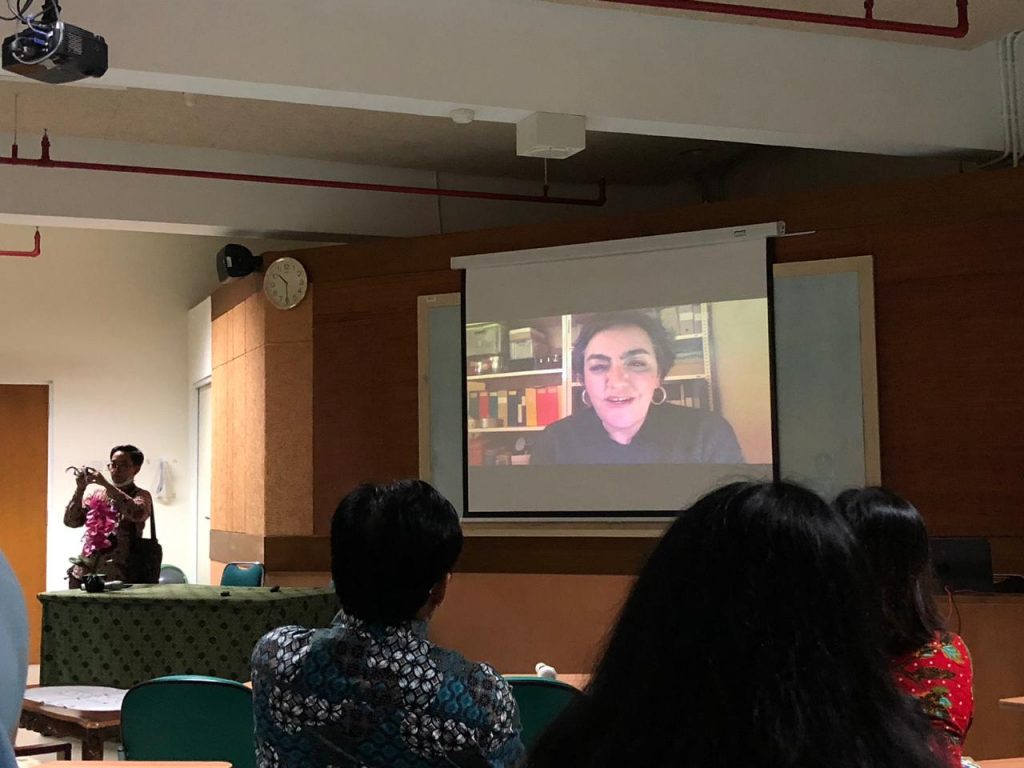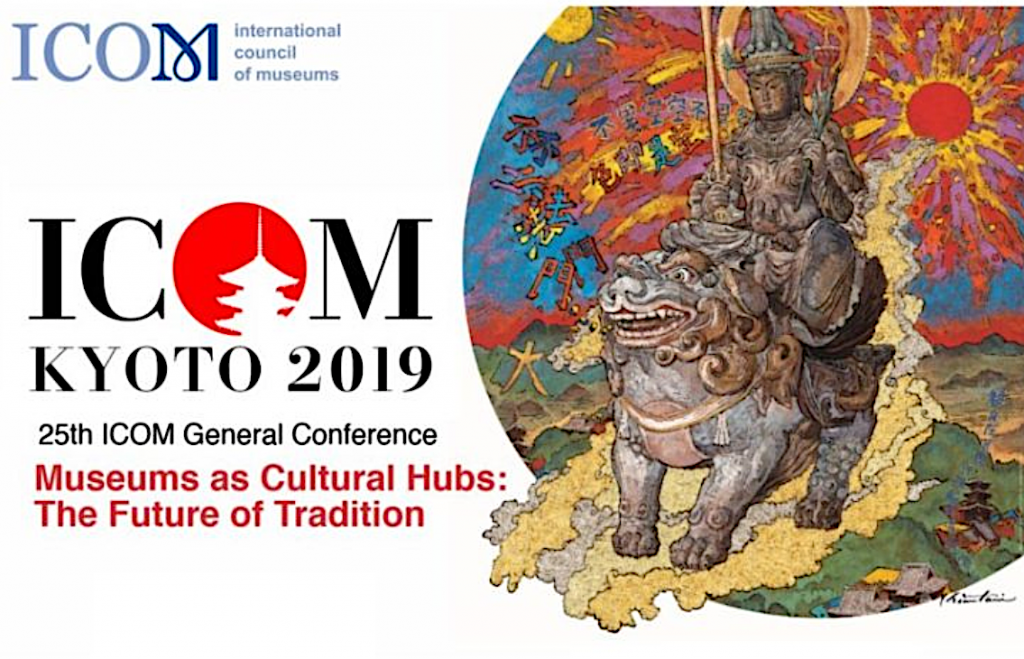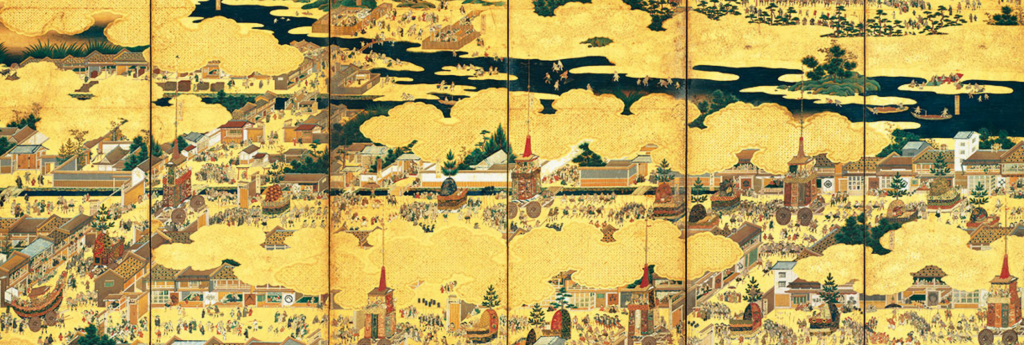Next week, 33 university museum professionals from China and Japan will participate in the University Museum Training Week Shanghai UMTWS 2019, 23-27 April, organized by UMAC-ICOM in partnership with the Qian Xuesen Library and Museum, Shanghai Jiao Tong University.
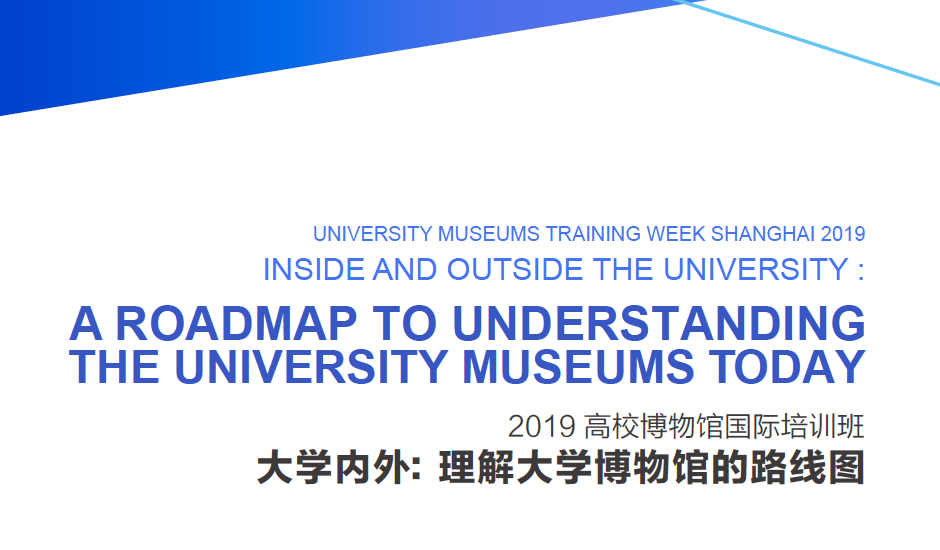
The UMTWS is part of UMAC’s strategic Professional Development Program, aimed at significantly increasing the qualification of university museum professionals worldwide. Almost 100 Chinese professionals have been trained by the UMTWS since its first edition in 2016.
In 2019, UMTWS is dedicated to the theme INSIDE AND OUTSIDE THE UNIVERSITY: A ROADMAP TO UNDERSTANDING UNIVERSITY MUSEUMS TODAY. The program of the 5-day course is rich and intense, encompassing lectures, round tables, workshops and visits to university museums in Shanghai. Faculty includes Andrew Simpson (Macquarie University, Australia), Jill Hartz (University of Oregon, USA), Xiangguang Song (Peking University, China), and Zhongmou Li (Shimao Group, China).
Moreover, the opening ceremony will count with Qiang Guan, Vice-President of the National Cultural Heritage Administration of China, and An Laishun, Vice-President of ICOM and Vice-President and Secretary-General of the Chinese Museums Association, in representation of ICOM.
In the words of Marta C. Lourenço, UMAC-ICOM President, and Kai Zhang, Executive Director of the Qian Xuesen Library and Museum, “UMTWSs are currently the only regular and sustained training offer for university museum professionals anywhere in the world and we want to reach many more in coming years. That is why in 2019 we are both very excited to take the UMAC-QLM-SJTU partnership a step further”.
UMTWS 2019 is supported by the two largest university museums associations in China: the National Educational Alliance of University and College Museums (NEAUCM) and the Shanghai Educational Alliance of University and College Museums (SEAUCM).
Media release
